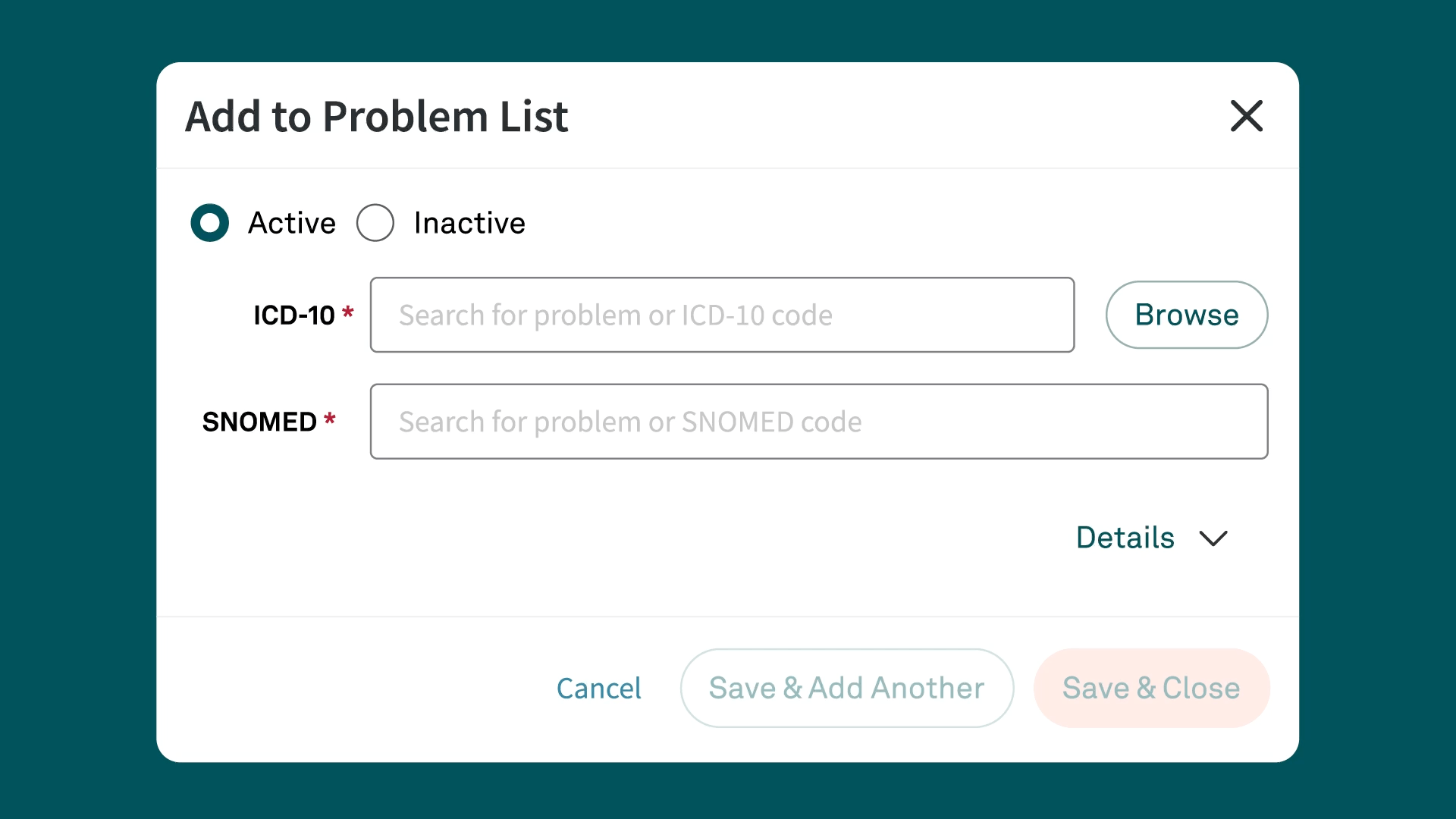ICD-10 Code J30.89
Other allergic rhinitis
What is the code J30.89?
ICD-10-CM code J30.89 refers to "other allergic rhinitis." This code is used to identify cases of allergic rhinitis that are not specified elsewhere. It encompasses various allergic reactions affecting the nasal passages, typically triggered by allergens such as pollen, dust, mold, or animal dander.
Detailed description of J30.89
J30.89, "other allergic rhinitis," pertains to allergic conditions that result in inflammation of the nasal mucous membranes. This condition is characterized by symptoms such as nasal congestion, sneezing, itching, and rhinorrhea (runny nose). Unlike more specific allergic rhinitis codes, J30.89 is used when the allergic trigger is not identified or does not fall under more specific categories such as seasonal or perennial allergic rhinitis.
Symptoms commonly associated with J30.89
Patients diagnosed with J30.89 typically present with the following symptoms:
- Nasal congestion
- Sneezing
- Nasal itching
- Runny nose (rhinorrhea)
- Postnasal drip
- Watery eyes
- Sinus pressure or pain
Related and similar ICD-10 codes
Several ICD-10 codes are related to or similar to J30.89, including:
- J30.0: Vasomotor rhinitis
- J30.1: Allergic rhinitis due to pollen (hay fever)
- J30.2: Other seasonal allergic rhinitis
- J30.5: Allergic rhinitis due to food
- J30.9: Allergic rhinitis, unspecified
Appropriate usage of J30.89 for billing
J30.89 should be used for billing when a provider documents in the assessment portion of their note that a patient presents with allergic rhinitis symptoms that do not fit into the more specific categories of allergic rhinitis. It is important to ensure that the diagnosis is well-documented in the patient's medical record, including the symptoms and any identified allergens. This code should be used when other specific allergic rhinitis codes (like those due to pollen or food) are not applicable.
Instructional guidelines for coding J30.89
When coding for J30.89, follow these guidelines:
- Ensure thorough documentation of the patient's symptoms and any known allergens.
- Confirm that the allergic rhinitis does not fall under more specific codes such as J30.1 (due to pollen) or J30.2 (seasonal).
- Use J30.89 when the diagnosis is based on clinical evaluation and the allergen is either unspecified or falls outside other defined categories.
- Avoid using this code if the allergic rhinitis can be attributed to a specific cause that has its own ICD-10 code.
Common pitfalls in coding with J30.89
Common pitfalls when coding J30.89 include:
- Using J30.89 without sufficient documentation of symptoms and clinical findings.
- Incorrectly categorizing specific allergic rhinitis under J30.89 when more precise codes are available.
- Failing to update the diagnosis if further testing reveals a more specific allergen, which should be coded differently.
Key resources for J30.89 coding
- ICD10Data.com
- Centers for Medicare & Medicaid Services (CMS)
- Professional coding guidelines and manuals from the American Academy of Professional Coders (AAPC)
Conclusion
ICD-10-CM code J30.89 is used to document cases of allergic rhinitis not specified elsewhere. Thorough documentation and understanding of the patient's symptoms and allergen exposure helps ensure accurate usage. Familiarity with related codes and adherence to coding guidelines can help avoid common pitfalls and ensure proper billing practices.
Simplify ICD-10 code documentation with Tebra
Tebra’s EHR+ gives you quick searches and Systematized Nomenclature of Medicine (SNOMED) field names for efficient code documentation. Plus, Tebra automatically saves ICD-10 to SNOMED mapping for future searches, streamlining your workflow.

Discover how Tebra helps providers effortlessly document health-related issues and conditions in this detailed post.
Stay Ahead with Expert Healthcare & Billing Insights
Get the latest industry updates, financial tips, and expert strategies — delivered straight to your inbox.
